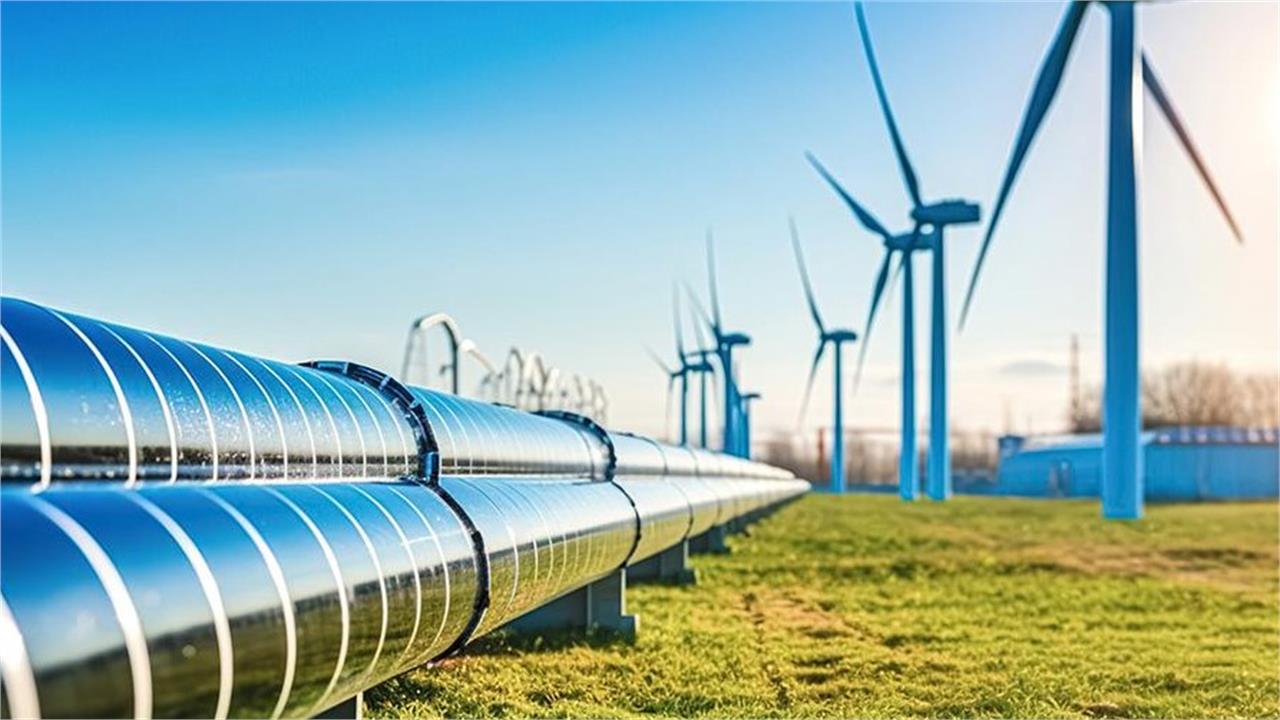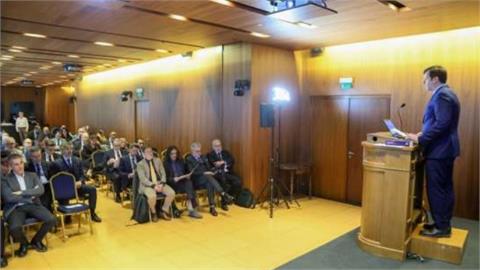As Europe and the Middle East once again find themselves engulfed in overlapping waves of geopolitical turmoil, energy markets are reacting with a renewed sense of nervousness. The spectre of military escalation across two critical theatres of conflict—Eastern Europe and the Middle East—has reawakened fears over the security of energy supplies. While volatility has not yet fully materialised across all commodities, the pressure points are visible, and investors, governments, and consumers alike are bracing for potential disruptions.
Over the past week, European gas prices have edged higher, reflecting market unease over supply security. Oil prices, which until last week had remained stable, largely due to OPEC+’s latest decision to modestly increase production, are now showing signs of an uptick. This apparent divergence underscores the complexity of today’s energy environment: geopolitical risk is pushing prices up, while producer group dynamics are simultaneously applying downward pressure. Yet the uneasy calm could prove fleeting if political and military developments escalate further.
At the heart of Europe’s current anxieties are the mounting tensions on NATO’s eastern flank. The reported Russian drone incursions into Polish territory represent more than a mere military provocation; they strike directly at the credibility of NATO’s collective security framework. Poland, deeply concerned by repeated violations of its airspace, has formally requested an emergency meeting of the United Nations to address the situation. Markets fear that these actions are not isolated incidents but part of a broader Russian strategy designed to test the resolve of NATO members.
The prospect of NATO involvement in direct military operations against Russia—an eventuality that cannot be ruled out—would fundamentally change the geopolitical landscape. Energy traders, in particular, are alarmed by the potential consequences of a wider European conflict. Were Poland and its allies to enter direct hostilities, the risk of further sanctions, supply disruptions, and retaliatory measures by Moscow would escalate sharply. Europe has already struggled through successive winters of energy insecurity since the outbreak of the Ukraine war; another round of conflict would heighten the risks of price surges and supply instability.
(To read the full Comment, go here)




